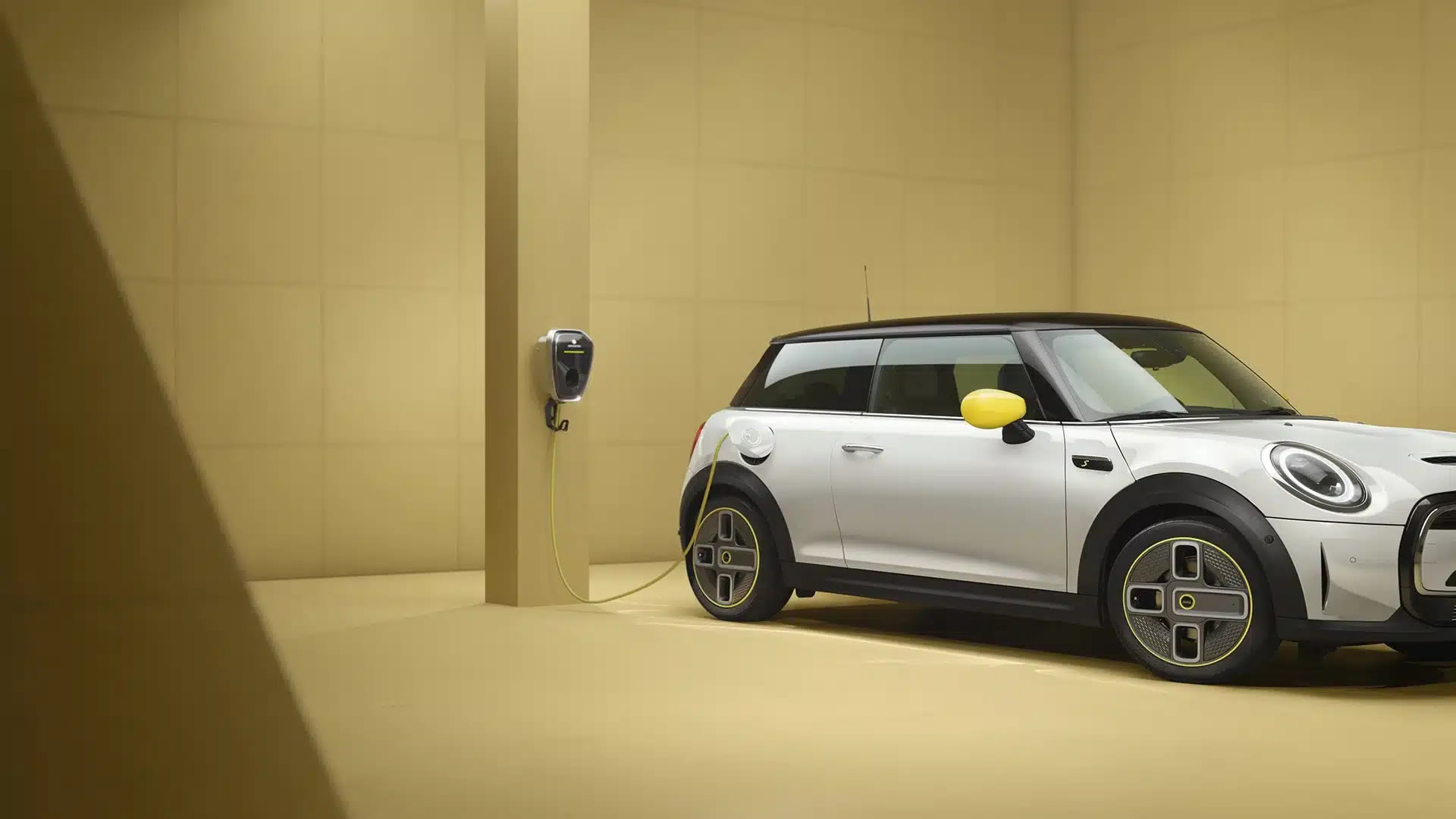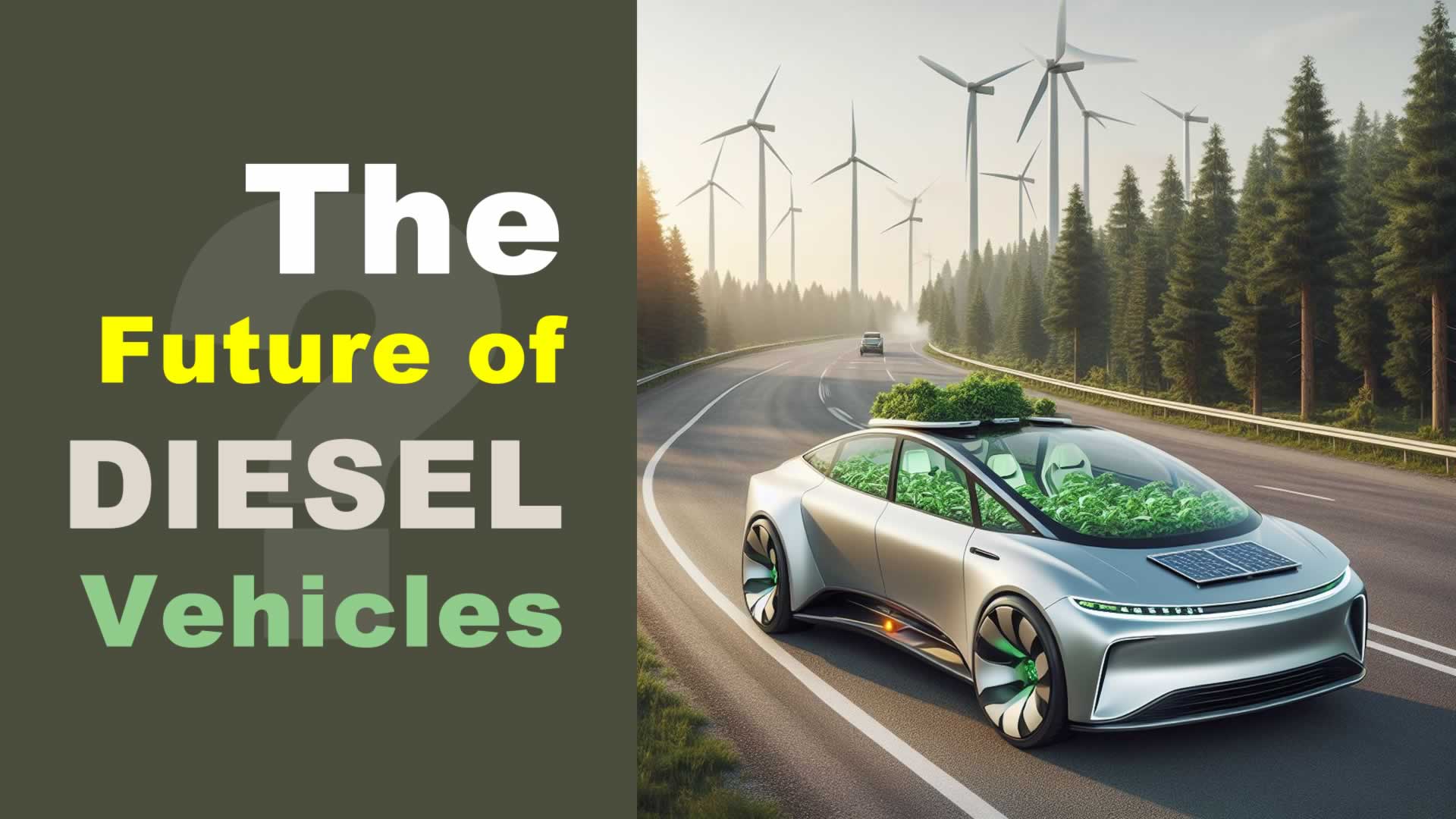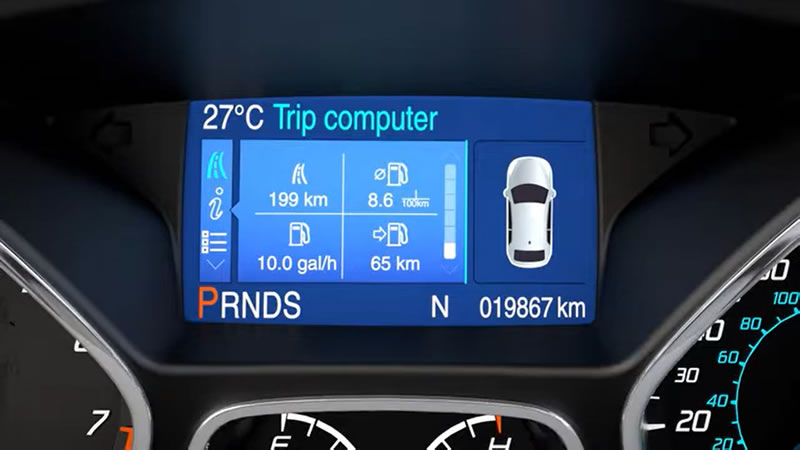Electric Vehicles Shifting the Balance in the Automotive Market

In today's world, the automotive industry is undergoing a major transformation, with electric vehicles emerging as one of the most significant players in this shift. The transition from traditional internal combustion engines to electric motors is fundamentally altering the dynamics of the automotive market. Here is an analysis examining the impacts of this revolutionary change on the automotive industry.
Electric vehicles offer an environmentally friendly alternative by minimizing the use of fossil fuels. This feature responds to the increasing demands for environmental consciousness from both consumers and companies. The lower carbon footprint in the production and use of electric vehicles paves the way for a sustainability-focused automotive industry.
The use of electric vehicles can be more economical in the long run. Electric energy is generally cheaper than gasoline or diesel fuels, and the maintenance costs of electric vehicles are lower. Additionally, with the incentives provided by governments and local authorities, access to and the cost of using electric vehicles are decreasing.
Electric vehicles are accelerating technological innovation in the automotive industry. High-tech batteries, autonomous driving systems, and other smart features distinguish electric vehicles from traditional cars. These innovations provide consumers with safer, more comfortable, and connected driving experiences.
The widespread use of electric vehicles brings significant changes to energy infrastructure and grid development. More charging stations need to be established to meet the demands of electric vehicles, and energy grids need reinforcement. This situation triggers new investments and developments in the energy sector, initiating a transformation process.
The growth in the electric vehicle market increases global competition and affects trade balances between countries. Countries leading in electric vehicle production become significant players shaping the direction of the automotive industry. This situation may lead to a reshaping of technological leadership and economic power among countries.
Electric vehicles changing the balance of the automotive market symbolize a transformation from environmental, economic, and technological perspectives. While shaping the future of the automotive industry, this change requires effective collaboration from consumers, companies, and governments on this new paradigm. The widespread adoption of electric vehicles represents a crucial step towards a sustainable future of mobility.
Environmental Sensitivity and Sustainability
Electric vehicles offer an environmentally friendly alternative by minimizing the use of fossil fuels. This feature responds to the increasing demands for environmental consciousness from both consumers and companies. The lower carbon footprint in the production and use of electric vehicles paves the way for a sustainability-focused automotive industry.
Cost and Energy Efficiency
The use of electric vehicles can be more economical in the long run. Electric energy is generally cheaper than gasoline or diesel fuels, and the maintenance costs of electric vehicles are lower. Additionally, with the incentives provided by governments and local authorities, access to and the cost of using electric vehicles are decreasing.
Technological Innovation and Automation
Electric vehicles are accelerating technological innovation in the automotive industry. High-tech batteries, autonomous driving systems, and other smart features distinguish electric vehicles from traditional cars. These innovations provide consumers with safer, more comfortable, and connected driving experiences.
Energy Infrastructure and Grid Development
The widespread use of electric vehicles brings significant changes to energy infrastructure and grid development. More charging stations need to be established to meet the demands of electric vehicles, and energy grids need reinforcement. This situation triggers new investments and developments in the energy sector, initiating a transformation process.
Global Competition and Trade
The growth in the electric vehicle market increases global competition and affects trade balances between countries. Countries leading in electric vehicle production become significant players shaping the direction of the automotive industry. This situation may lead to a reshaping of technological leadership and economic power among countries.
Electric vehicles changing the balance of the automotive market symbolize a transformation from environmental, economic, and technological perspectives. While shaping the future of the automotive industry, this change requires effective collaboration from consumers, companies, and governments on this new paradigm. The widespread adoption of electric vehicles represents a crucial step towards a sustainable future of mobility.













































































